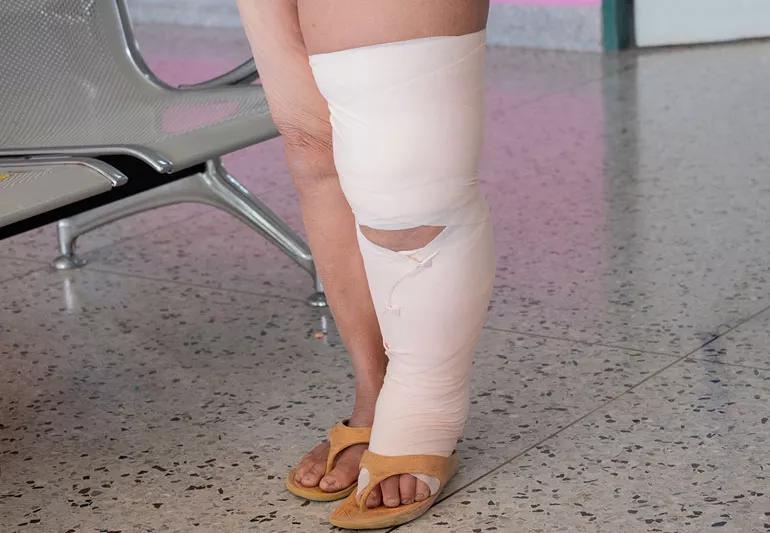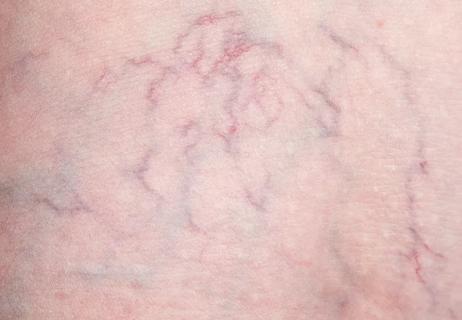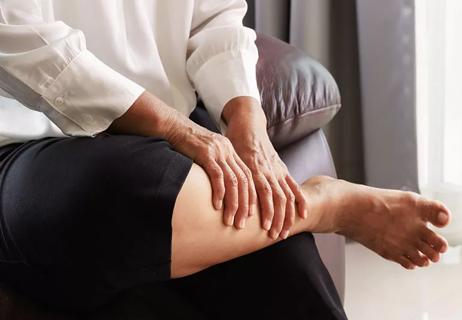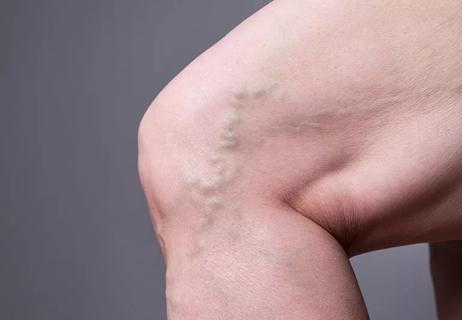Here are some factors your doctor may consider

If you notice swelling in your feet or legs, you should definitely tell your primary care doctor. Swelling, or edema, can be caused by many things and it’s important to try to understand what is causing it.
Advertisement
Cleveland Clinic is a non-profit academic medical center. Advertising on our site helps support our mission. We do not endorse non-Cleveland Clinic products or services. Policy
“If people see any redness, blistering or swelling in the legs, especially if it is getting worse, they definitely need to see their doctor,” says vascular medicine specialist John Bartholomew, MD.
When talking to your doctor, make sure to mention if you noticed what makes the swelling better or worse. Your doctor will want to know how long it has been present and whether there has been any change to the pattern of the swelling.
Some patients get referred to a vascular medicine specialist for evaluation of their swelling. During your first visit, your doctor will go into a bit of a detective mode to determine what might be the cause.
“I’ll start with asking a lot of questions about their medical history,” says Dr. Bartholomew. “Do they have heart issues, kidney problems, liver or thyroid problems? Arthritis? Is the swelling in one leg or both? Could this be from a medication? Is the swelling painful?”
Common medications linked to leg swelling include some blood pressure and pain medicine.
“I also might ask if you had recent surgery or hospitalization and if you traveled or if you suffered any injuries,” says Dr. Bartholomew.
Your doctor will examine your legs and ask what time of day the swelling is worse, what seems to trigger it and what helps relieve it. Where is the location of the swelling? Does it affect the foot and toes or does it start at the ankle? How far up the leg does it extend? Is there a change over the course of the day and improvement overnight?
Advertisement
Other questions your doctor may ask:
Sleep: How long do you sleep at night? Do you sleep in bed? Some people sleep in a recliner but that means they are not really elevating their legs at night, which reduces swelling. If you sleep eight hours, do you do all eight in a row or do you get up and watch TV awhile before going back to bed?
Activity levels: Do you spend the entire day sitting at a computer or watching TV with your legs down? Does walking leave you short of breath? A lot of people develop trouble walking as they age and will only take a few steps from room to room. This means they are not using their calf muscle, which helps pump fluid out of the legs.
Are you overweight? Obesity can make swelling worse, and it can make you more likely to be sedentary, perhaps even ride a scooter in public.
“Many people gain weight as soon as they start using a scooter,” says Dr. Bartholomew.
Salt intake: You may not add salt to your food, but do you know many foods are very high in salt? Do you eat many things out of a can? What about ketchup? Cold cuts? Hot dogs? Hamburger Helper or Rice-A-Roni? That is all loaded with salt.
Medication changes: Some medications can cause swelling, especially if the swelling affects both legs.
Hormones: If you are a younger woman, does the swelling happen at certain times in your monthly cycle?
There are several ways to treat leg swelling. The first thing your doctor may try are diuretics, or water pills. This may not be the best treatment particularly if the swelling is not due to too much volume.
“Often, using counter pressure, or wearing compression stockings, to help push fluid out of the legs is the most effective treatment,” says Dr. Bartholomew.
Another option, used to treat lymphedema, is to use a technique called complete decongestive therapy that involves using massage to push out fluid, along with exercises and a low-compression wrap. This is also known as manual lymph drainage.
Some people walk with a limp due to obesity or arthritis, for example, so their calf muscle is not able to push up fluid when they walk. These patients may be sent to physical therapy to help build up muscle strength and help with their walking.
Some people with mild swelling might decide to not treat it. For example, an elderly person who lives alone and struggles to put on a stiff compression stocking might decide it’s not worth the frustration. Special devices known as donners are available and can help them overcome this problem.
Advertisement
“If it’s not bothering them, we agree but will ask them to come back if it gets worse,” says Dr. Bartholomew. “But if they say the swelling is so bad that they cannot get shoes on, we will tell them they really need to wear the stockings.”
Advertisement
Learn more about our editorial process.
Advertisement

At-home treatments and lifestyle changes may help ease the symptoms and improve the appearance of varicose veins — but they aren’t a cure

Regular exercise, an iron-rich diet, adequate sleep and bedtime routines that include a warm bath or massage may help with your kid’s RLS

Unlike varicose veins, spider veins don't necessarily indicate poor circulation

Cardio can reduce the appearance of varicose veins, but only temporarily

It could be your feet need a rest, but swollen legs may also be a sign of a serious condition

Some symptoms should be taken seriously

Pain may signal a damaged nerve or herniated disk

Strategies for getting the sleep you need

Start having sex about 72 hours before ovulation, then at least every other day during your fertile window

Attachment theory suggests that your earliest relationships shape connections throughout your life

It isn’t a recognized mental health disorder, but research shows that problematic social media use can negatively affect your mental health, self-esteem and sleep